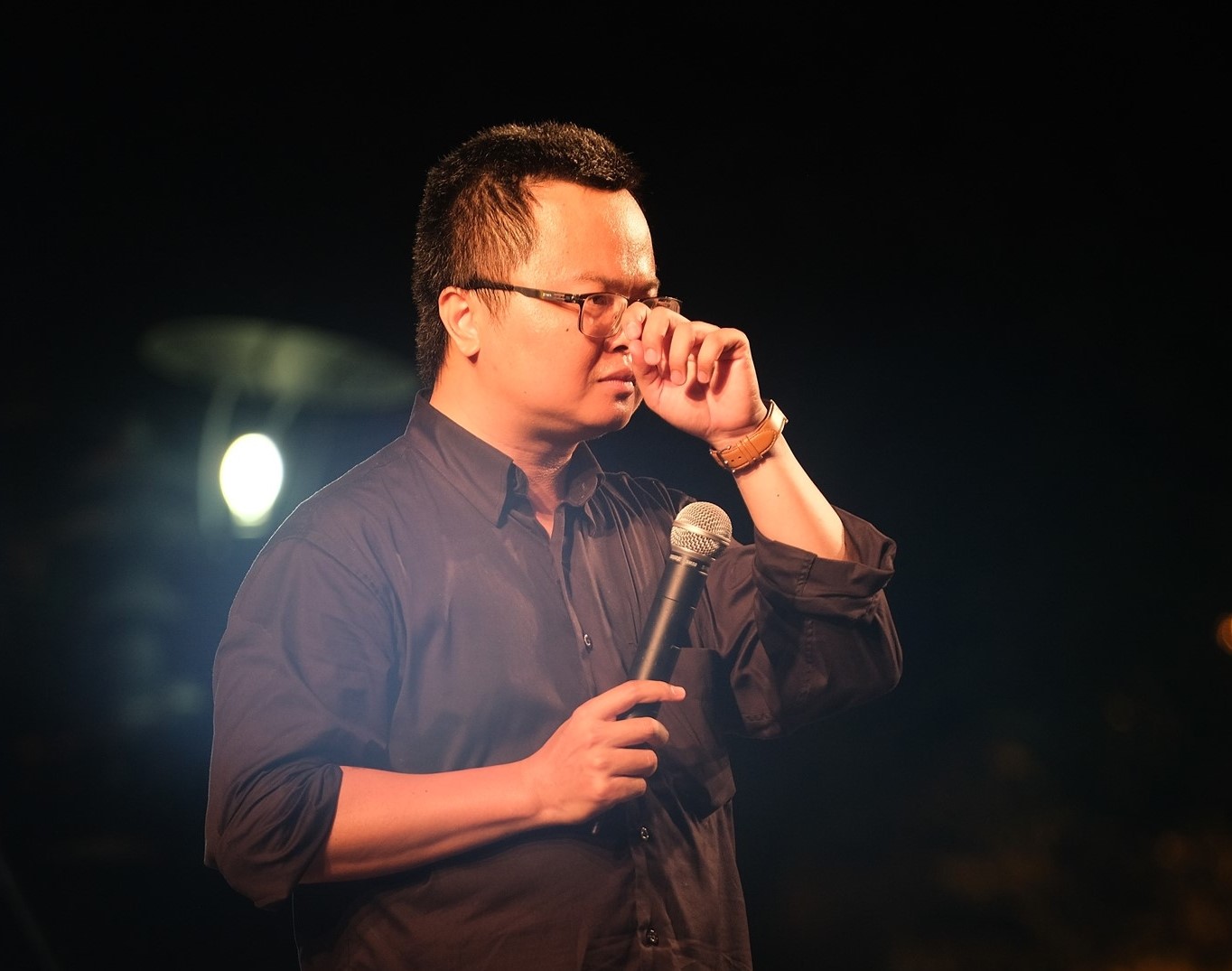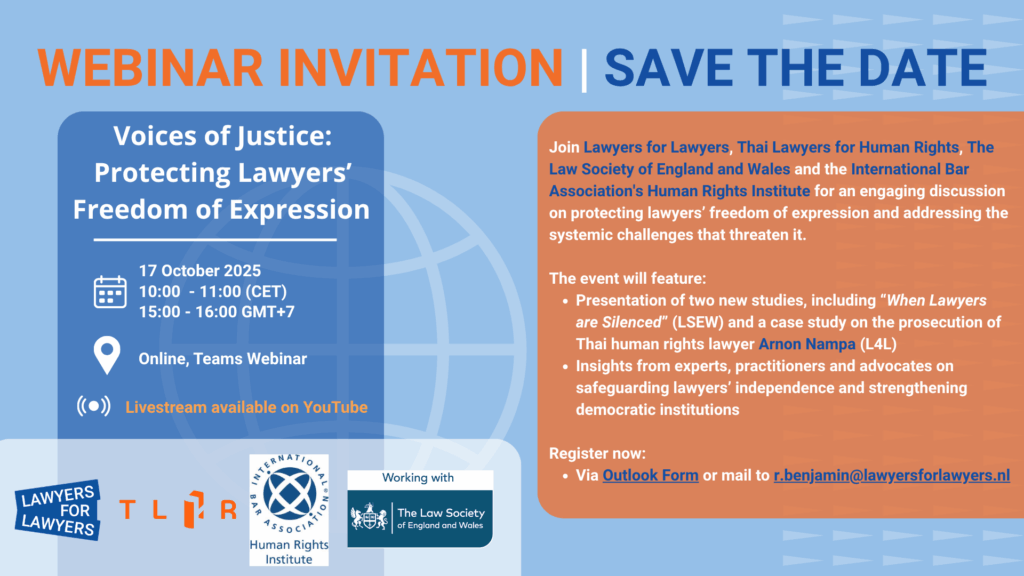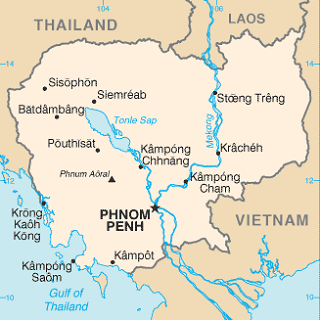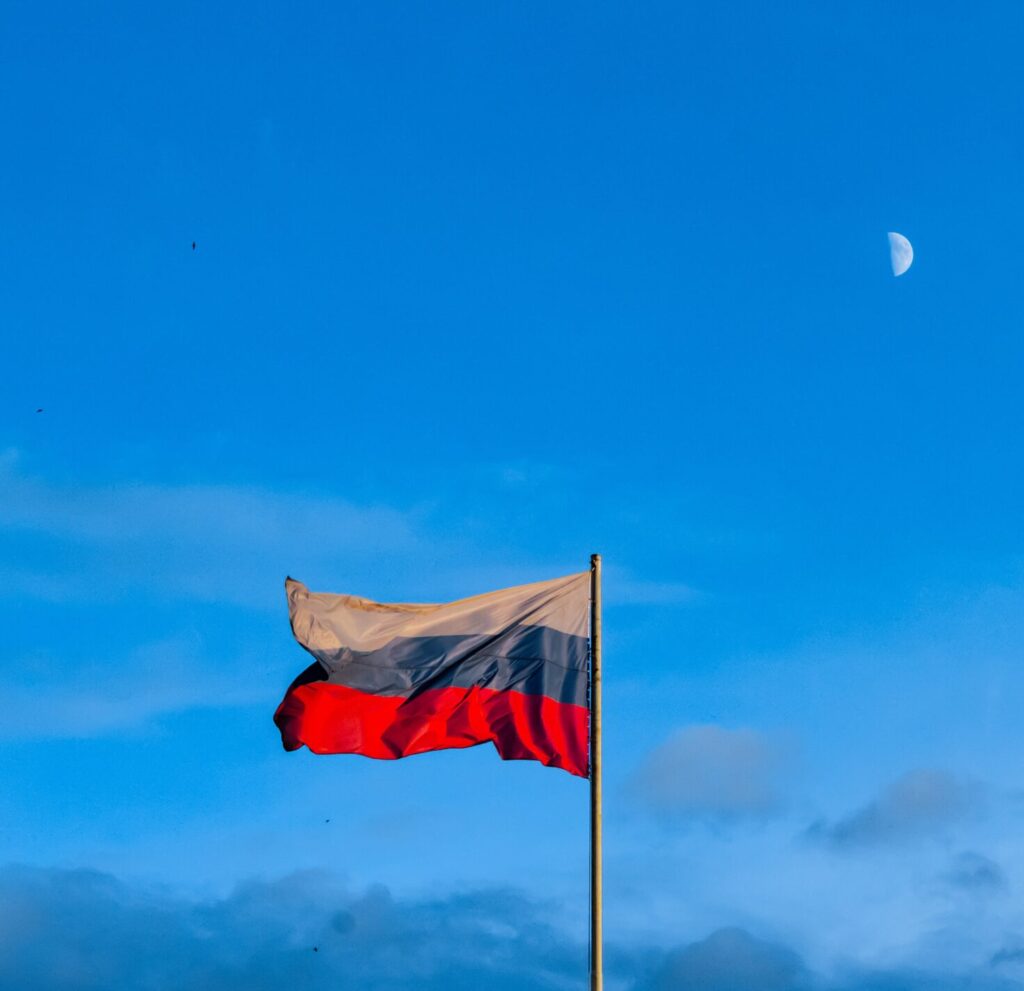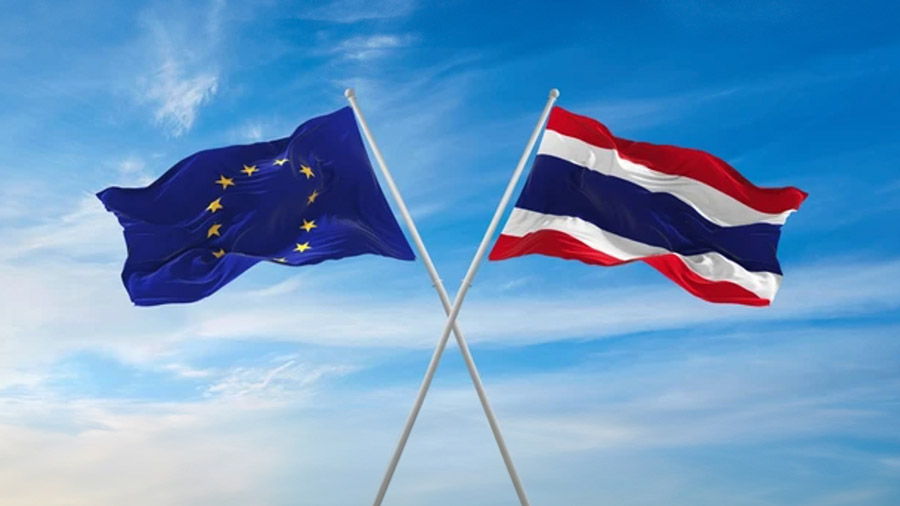Download the full statement.
Lawyers for Lawyers (L4L) is alarmed at the ongoing criminal trial against Thai human rights lawyer Arnon Nampa in the “Harry Potter 1” case (Black Case No. Aor. 1629/2564), in which he stands accused of violating the lèse-majesté law for peacefully delivering a speech advocating monarchy reforms in August 2020. Recent developments, such as the court’s order to proceed with a closed-door trial, raise significant concerns about compliance with fair trial standards ahead of the verdict hearing on 19 December. This hearing comes just weeks after Arnon Nampa’s fifth lèse-majesté conviction on 3 December 2024, when the Criminal Court sentenced him to an additional two years in prison, bringing his total prison term to over 16 years. We believe the continued harassment and prosecution of Arnon Nampa are an attempt to silence him and interfere with his legitimate activities as a lawyer and human rights defender. We urge the Thai authorities to drop all charges against him and uphold his right to a fair trial.
The “Harry Potter 1” case against lawyer Arnon Nampa stems from his speech at a Harry-Potter themed protest on 3 August 2020, for which he was charged with violating Sections 112 (lèse-majesté) and 116 (sedition) of the Thai Criminal Code. In this speech Arnon explained, inter alia, how the Thai King’s frequent trips to Germany created problems in terms of the expenditure of taxpayers’ money and ministerial appointments. He also criticised the transfer of the crown property into the King’s personal ownership and the transfer of army units into the King’s command.
Information received about the proceedings thus far raises serious doubts about the overall fairness of the criminal proceedings, notably in relation to the principle of equality of arms and the right to a public hearing before an independent and impartial tribunal.
During a hearing on 27 November 2024, Arnon Nampa’s defence counsel informed the Court they could not cross-examine the prosecution’s witness due to the Court’s refusal to issue subpoenas for crucial evidence, including King Rama X’s travel records and monarchy-related budget documents. According to the defence, this evidence is crucial to refuting the prosecution’s claim that Arnon’s speech was “false”. In addition, the allegation that Arnon Nampa ‘lied’ in his speech arguably undermines his character and credibility. The Court denied the motions, citing Section 6 of the Thai Constitution, which protects the King from ‘any sort of accusation’. It is unclear how this provision justifies restrictions placed upon the rights of the defence to access all evidence and documentation relevant to the case to prepare an effective defence and appears to undermine the principle of equality of arms and due process.
In protest of the rejected subpoenas, Arnon Nampa removed his shirt, leading the Court to order a secret trial, expel unrelated parties, and impose a gag order on news dissemination. The Court reportedly failed to provide a clear legal basis for the measures imposed, in an apparent violation of Section 177 of the Criminal Procedure Code and international fair trial standards. This seems to form part of a broader trend of secret trials being ordered in lèse-majesté cases in Thailand whenever the court “deems appropriate”, without demonstrating how a public trial in these cases may affect (a) public order or good morals, or (b) reveal national security secrets, as required by Section 117 of the Criminal Procedure Code.[1]
The defence repeatedly expressed concerns about judicial impartiality and submitted two motions to recuse the judge for bias or prejudice (dated 27 November and 3 December 2024), citing prejudicial statements made by the judge during proceedings. When asked by the defence to elaborate on the legal basis and scope of the restrictions on the publicity of the trial, the judge reportedly said that his job was simply to try the case, not to provide reasons. After repeatedly threatening to detain Arnon if he continued speaking in court, the judge admitted to the defence that he adopts a similar approach in other monarchy-related cases. The Chief Justice of the Criminal Court dismissed the defence’s 27 November motion for recusal, reportedly without following the procedure as set out in the Civil Procedure Code.
The secret trial order remained in force when hearings continued on 28 November, with public access still barred. After Arnon Nampa raised concerns over the fairness of the trial, the Court ordered police to detain him in the courthouse basement while proceedings were still ongoing and eventually ordered the cancellation of the examination of the defence’s witnesses, scheduling a verdict hearing for 19 December 2024.
As a state party to the International Covenant on Civil and Political Rights (ICCPR), Thailand has an obligation to guarantee the right to a fair trial and uphold the right to freedom of expression, also protected under the Thai Constitution. Furthermore, under Principle 23 of the UN Basic Principles on the Role of Lawyers, lawyers are entitled to freedom of expression, belief, association and assembly, particularly in cases of public discussions of matters concerning the law, the administration of justice, and the promotion and protection human rights.
Under Article 14 ICCPR, defendants in criminal trials are entitled to a fair and public hearing by a competent, independent, and impartial tribunal established by law. The hearing must in principle be conducted orally and publicly to ensure the transparency of proceedings and to safeguard the interest of the accused individual and of society at large. Exclusion of the press and public from a trial can only take place in the exceptional circumstances set out in article 14(1) of the ICCPR, and any restriction must be both necessary and proportionate.[2] The Court’s refusal to issue subpoenas to obtain evidence integral to the defence’s case, the secret trial order and reporting restrictions, as well as the alleged prejudice of the judge, raise serious concerns over the compliance with international fair trial standards in the ‘Harry Potter 1’ case.
Considering the above and ahead of the verdict hearing on 19 December 2024, we urge the relevant Thai authorities to:
- Guarantee the principle of equality of arms by granting Arnon Nampa and his legal counsel access to critical evidence necessary for the preparation of an effective defence;
- Uphold the right to a public trial in line with Article 14 ICCPR and Section 177 of the Thai Criminal Procedure Code;
- Request the Court to conduct a thorough and independent investigation into allegations of judicial bias of the judge in the “Harry Potter 1” case;
- Cease the harassment and criminal prosecution of Arnon Nampa, as it unduly interferes with his legitimate activities as a lawyer and human rights defender, including the exercise of his right to freedom of expression; and
- Ensure that all lawyers in Thailand are able to freely and independent conduct their professional activities, without fear of reprisals, in line with the UN Basic Principles on the Role of Lawyers.
[1] Thai Lawyers for Human Rights (TLHR), พบศาลสงั่ “พิจารณาลับ” ในคดี ม.112 ยุคหลังปี 2563 อย่างนอ้ ย 6 คดี, 27 November 2024, https://tlhr2014.com/archives/71380.
[2] UN Human Rights Committee, General Comment No. 32 (Article 14 : Right to equality before courts and tribunals and to a fair trial) CCPR/C/GC/32 (23 August 2007), paras 28-29.
